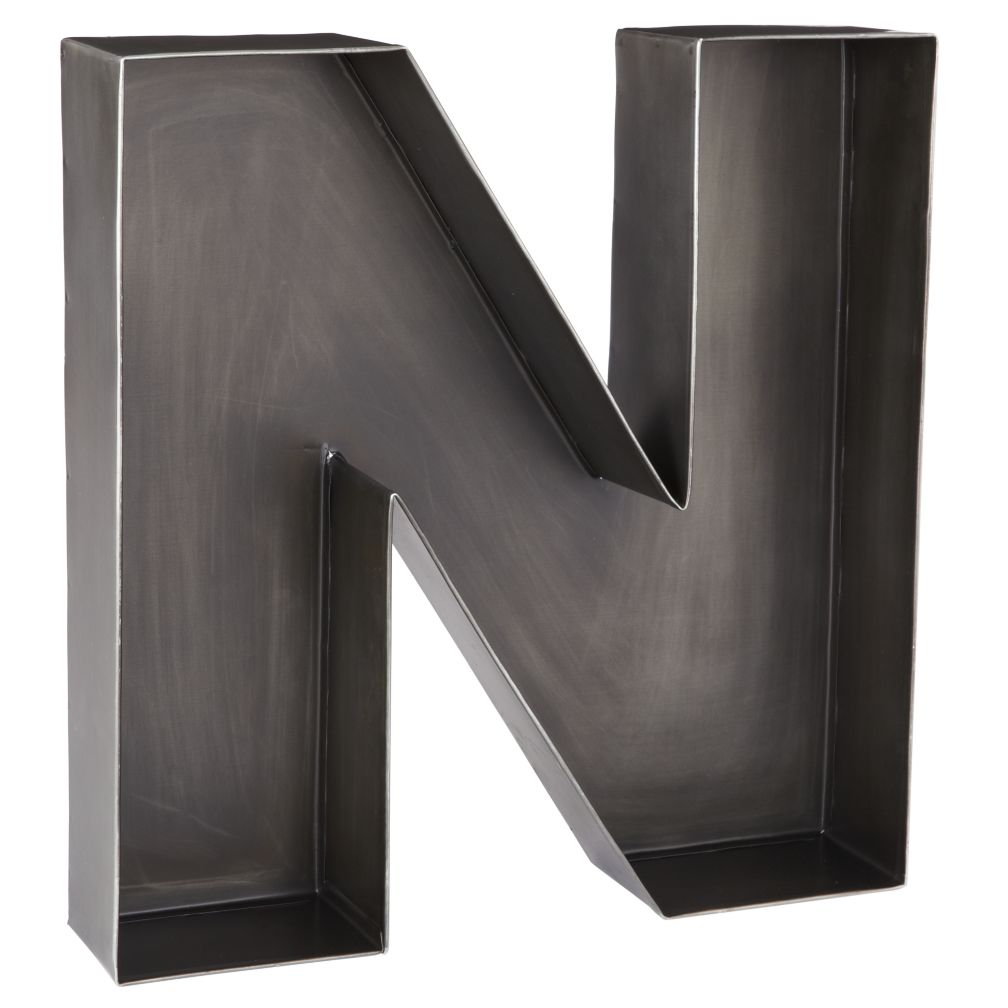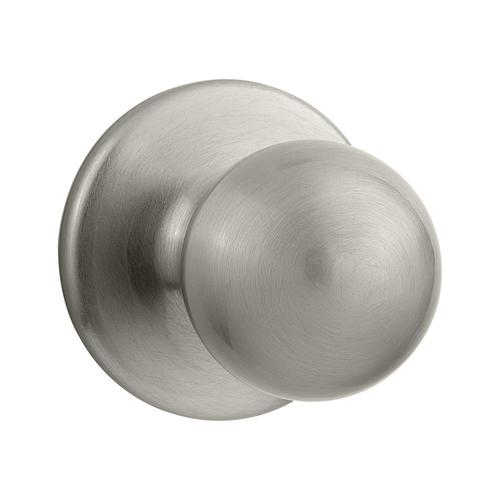Friday FTW: Vancouver Opens a Door to Equality
Vincent Colistro


Inequality, thy name is doorknob!
Recently, here at the offices of This Magazine, where the magic of journalism comes alive, and even the chairs have a political opinion, we’ve installed a doorknob. We retired our door lever, and got a doorknob. Folks, let me tell you, I do not like it.
The first morning after the installation, I arrived as I normally do—groggy, slightly out of breath (I’ve been taking the stairs lately) my cotton gloves still on and a coffee in one hand. I go to clutch what I thought would be—what my muscle memory had trained me to expect as—a lever, but I got a sad, slippery fistful of doorknob. The cotton glove slides, my body shifts, my coffee sloshes and spills a bit on my right pant leg. Mood: sour.
This is the thinking behind the City of Vancouver’s recent decision to ban doorknobs. No, not so fumbling grumps such as myself have to dry-clean their pants less often, but so mobility, accessibility is equal for all. The Center for Independence of Individuals with Disabilities (CID) lists on its website that of all the different types of door handles, the knob is perhaps the most inaccessible, since it “requires tight grasping and twisting to operate”. The Vancouver city officials, in banning the doorknob for new housing and building construction, are trying for “universal design”, an egalitarian principle of creating space that is equally accessible and enjoyable for all people, including the elderly, and those with disabilities.
But where, some are asking, does this leave the knob, that most iconic of door handles? When we venture to doodle a house now, must we master the curvature of a lever? Allen Joslyn, president of the Antique Door Knob Collectors of America, says “to say that when I build my private home and nobody is disabled that I have to put levers on, strikes me as overreach.”
I for one think that the reach is just far enough. The only reason one might have for choosing an object with poorer usability is for cosmetic effect. And when an aesthetic feature literally stands in the way of certain individuals’ right to accessibility and mobility, we don’t, as a society, need it.
Plus, I just hate opening doorknobs with winter gloves.